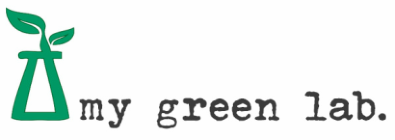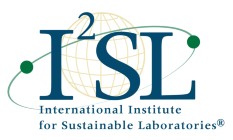You are here
- Home
- Freezer Challenge for the win!
Freezer Challenge for the win!
Posted by Chantelle Hicks on October 28, 2019
The University has been recognized for winning the Freezer challenge for a second year in a row, in the magazine Nature. Click the link to go to the site! https://www.nature.com/articles/d42473-019-00288-0
A cool competition for sustainable labs
Laboratory refrigeration requires a surprising amount of energy. Since 2017, the International Laboratory Freezer Challenge has pushed labs to reduce their draw.
Produced by
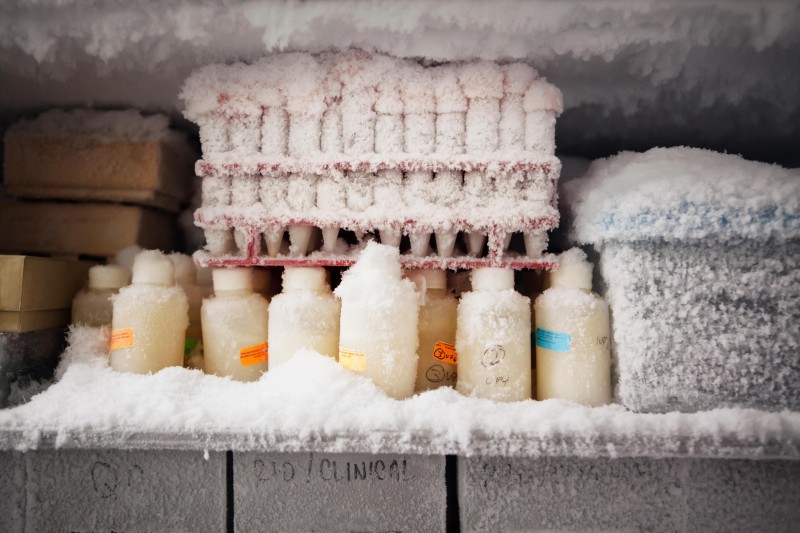
Inefficient freezers waste energy and money.Credit: Cavan Images/ Alamy
For scientists, a good freezer is like a good colleague: integral to doing your best work. But cooling comes at a great cost. Ultra-low temperature freezers, which usually store samples at –80°C, can use as much energy as an average household, and more as they get older. Multiplied by hundreds of thousands of units in labs around the world, that humble lab freezer has quite an energy footprint.
In 2017, My Green Lab and the International Institute for Sustainable Laboratories (I2SL) created the International Laboratory Freezer Challenge* to inspire labs around the world to reduce energy used for cold storage, from refrigerators to the coldest freezers. Individual labs or organizations complete a scorecard detailing the implementation of best practices and energy-saving processes: good management practices, including defrosting freezers; temperature tuning, such as setting a freezer at –70°C or higher; retiring unused refrigerators/freezers or replacing them with more efficient ones; and some unexpected improvements, such as storing certain samples at room temperature.
Labs receive points for every action that they take. In four categories, academia, the biopharma industry, hospitals and government/non-profit, individual labs and organizations that accumulate the most points win. There can be eight winners, all of whom receive an award and recognition in Nature. This year, awards were given to labs and organizations in three of the four categories.
“The number of participating labs in 2019 nearly doubled from 2018,” says Allison Paradise, CEO and founder at My Green Lab, bringing the number of entrants worldwide to about 400 this year.
Organizational winners
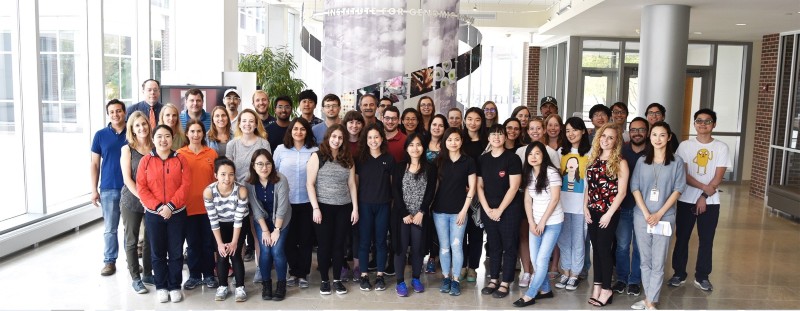
University of Illinois, Urbana-Champaign winning team Credit: University of Illinois
In a repeat of 2018, the University of Illinois, Urbana-Champaign, took the top spot among academic organizations by saving about 160,000 kilowatt-hours (kWh) per year. To win as a university, Madeline Barone, an undergraduate studying environmental science who organized the effort, made it her mission to get as many labs as possible involved. “Following up with people was super important,” she says.
Teamwork also made a big impact in the biopharma-organization category. Charles River — a global, preclincal contract research organization and headquartered in Wilmington, MA — registered all its sites around the world for the competition and encouraged them to compete against each other.
“This led to one of the most meaningful reductions in energy consumption and greenhouse-gas emissions we’ve ever seen,” Paradise says.
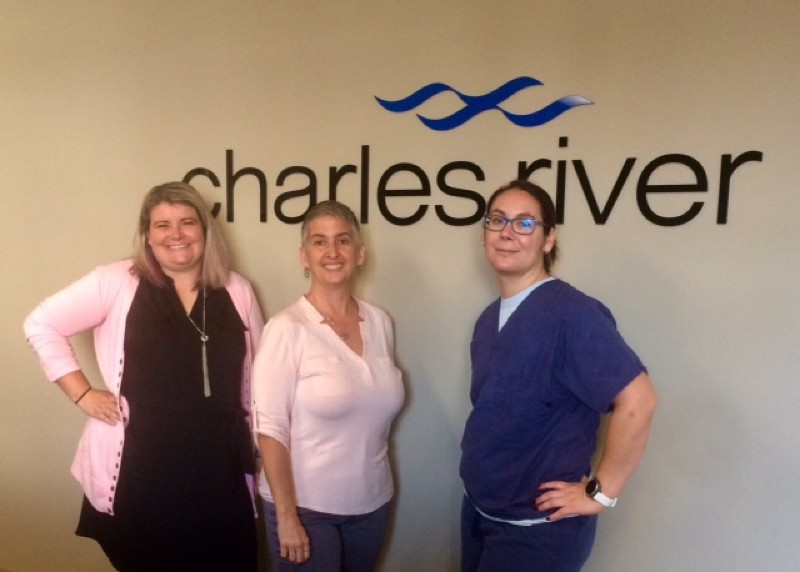
Winning team from Charles River
Charles River, Mattawan (MI), took the top spot. “We entered to see where we stood in relation to industry standards,” says neurobehavioral scientist, Rachel Tapp. The team ended up learning a lot. “Our sustainability crew is new within our Charles River site,” Tapp explains. “So, we learned much about who manages these systems and how they were managed.” Charles River, Mattawan saved about 423,000 kWh a year.
Rounding out the organizational winners, the U.S. Centers for Disease Control and Prevention (CDC) earned a threepeat in the government/non-profit category. Even after wins in 2017 and 2018, the CDC added an estimated saving of 300,000 kWh a year.
Individual winners
Among individual laboratory winners, the Multiple Sclerosis and Parkinson’s Tissue Bank at Imperial College London took the top academic spot. To do that, says tissue bank manager George Gveric, “We increased the temperatures on all our freezers and rearranged samples so that freezers are opened less frequently.”
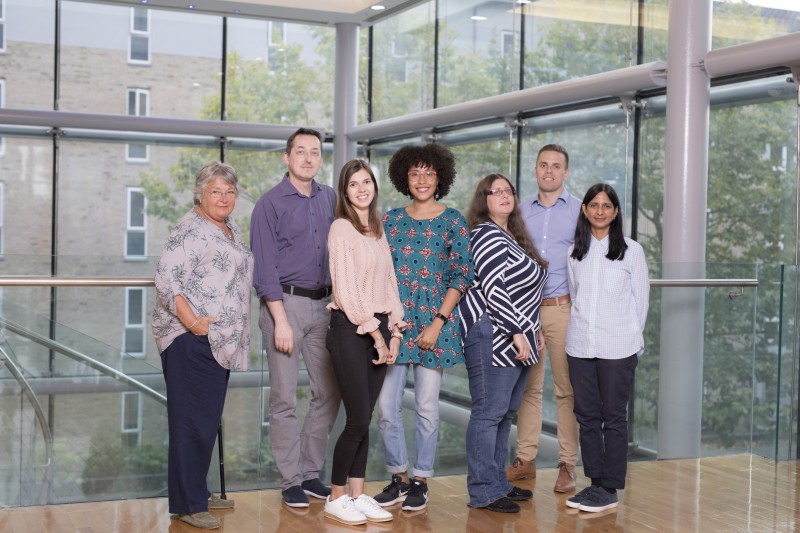
Winning team at Imperial college London
The top honor in the biopharma industry category for an individual lab went to Amyris Biology/Automated Strain Engineering Lab. The start-up is based in Emeryville, CA. Senior associate scientist, Gloria Sagala calls the Freezer Challenge “a great opportunity for our team to come together around a common goal to improve our energy efficiency with our cold storage.” Sagala and her colleagues removed inefficient and unnecessary freezers and implemented a system to track defrosting, saving the lab 30–40% in freezer energy.
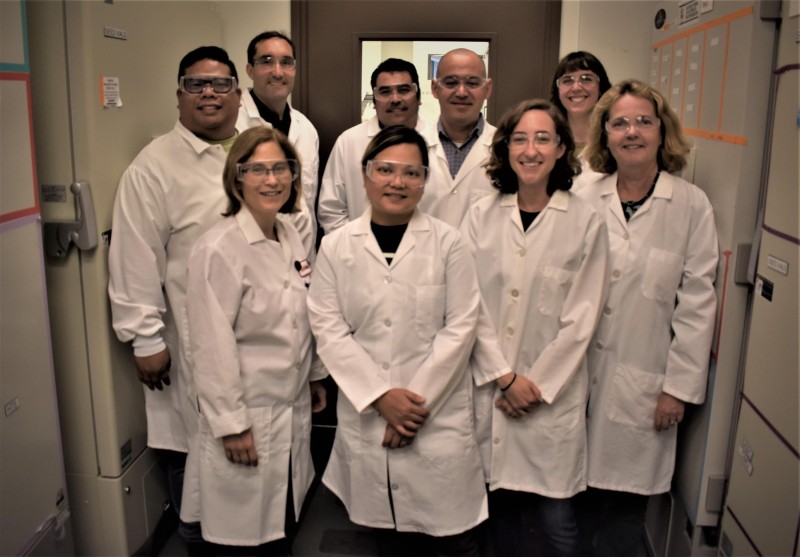
Amyris Biology/Automated Strain Engineering Lab winning team Credit: Amyris Biology/Automated Strain Engineering Lab
An individual lab winner in 2018, the Inorganic and Radiation Analytical Toxicology Branch of the U.S. Centers for Disease Control and Prevention (CDC) teamed up with the Clinical Chemistry Branch to take the individual government/non-profit lab category. “We keep entering because we keep trying to increase awareness of energy use for cold storage in our division,” says Deanna Jones, a team leader in the CDC’s Division of Laboratory Sciences. When asked about the biggest change this year, Jones says, “We have begun buying ENERGY STAR-rated freezers to replace old, less energy efficient ones.”
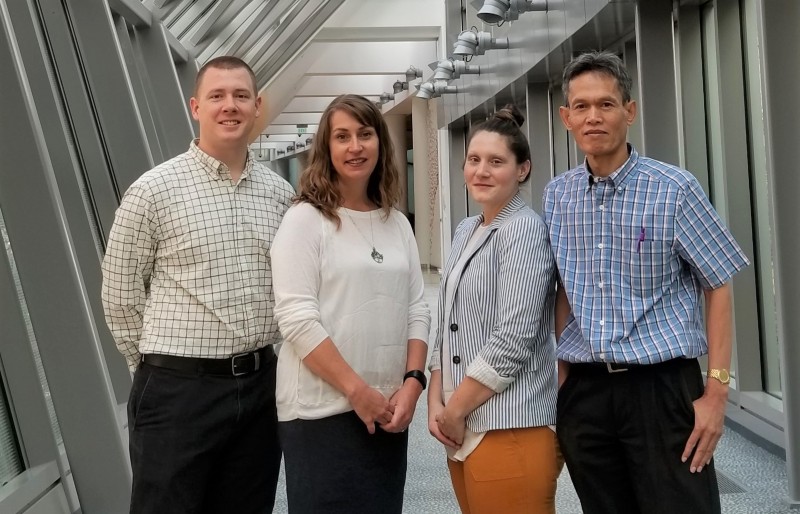
CDC winning teamCredit: CDC
Overall, the combined efforts of participants in 2019 saved about 2.4 million kWh a year. That’s enough energy to power more than 230 average American homes for a year.** Freezer Challenge organizers hope to see that number double again in 2020.
Organizational honorable mention:
• Charles River Laboratories, Leiden
• University of North Carolina at Chapel Hill
• US. National Institutes of Health
Individual-laboratory honorable mention:
• Janssen Immunology Biology Lab at La Jolla, CA, led by Steven Nguyen
• Laboratory Research & Reference Branch, Division of STD Prevention, CDC
• Ming Lab, University of Illinois, Urbana-Champaign, managed by Julie Nguyen

*The Freezer Challenge is made possible through the generous support of sponsors, including 2019’s Gold Sponsors Eppendorf and PHCbi.


